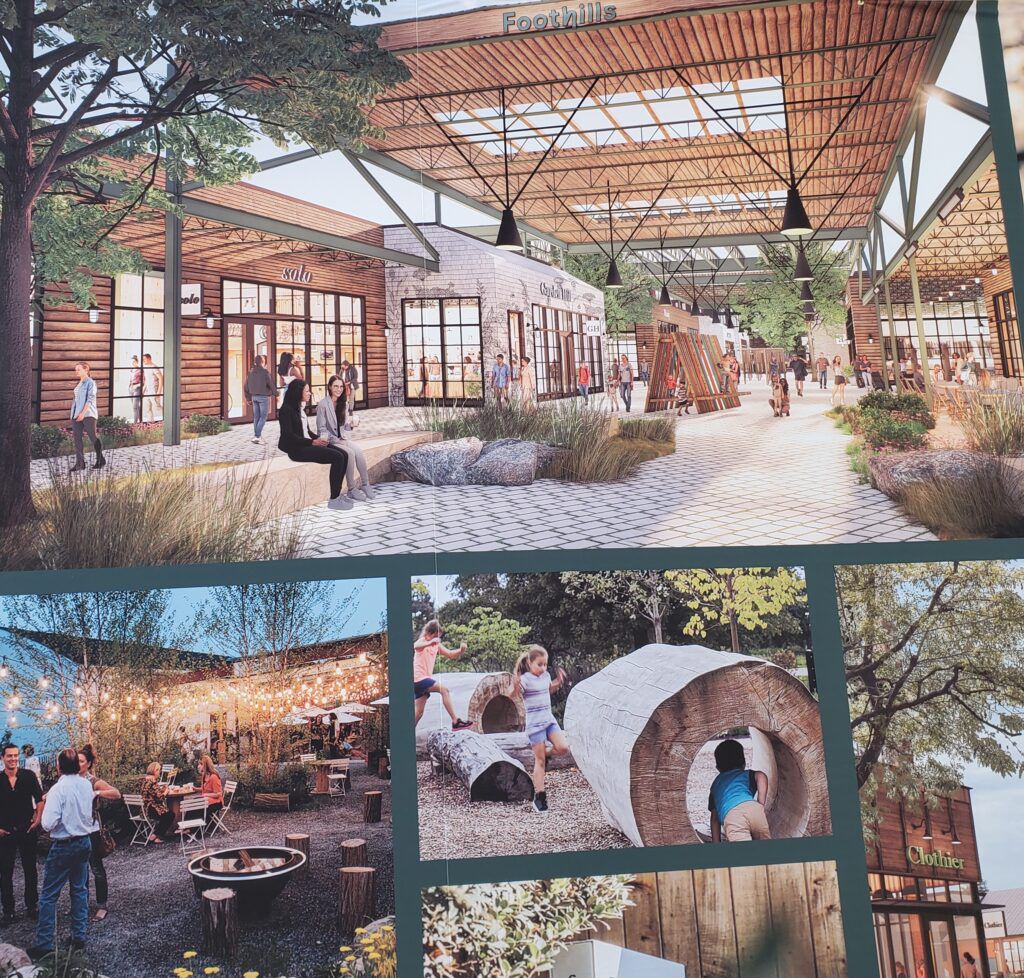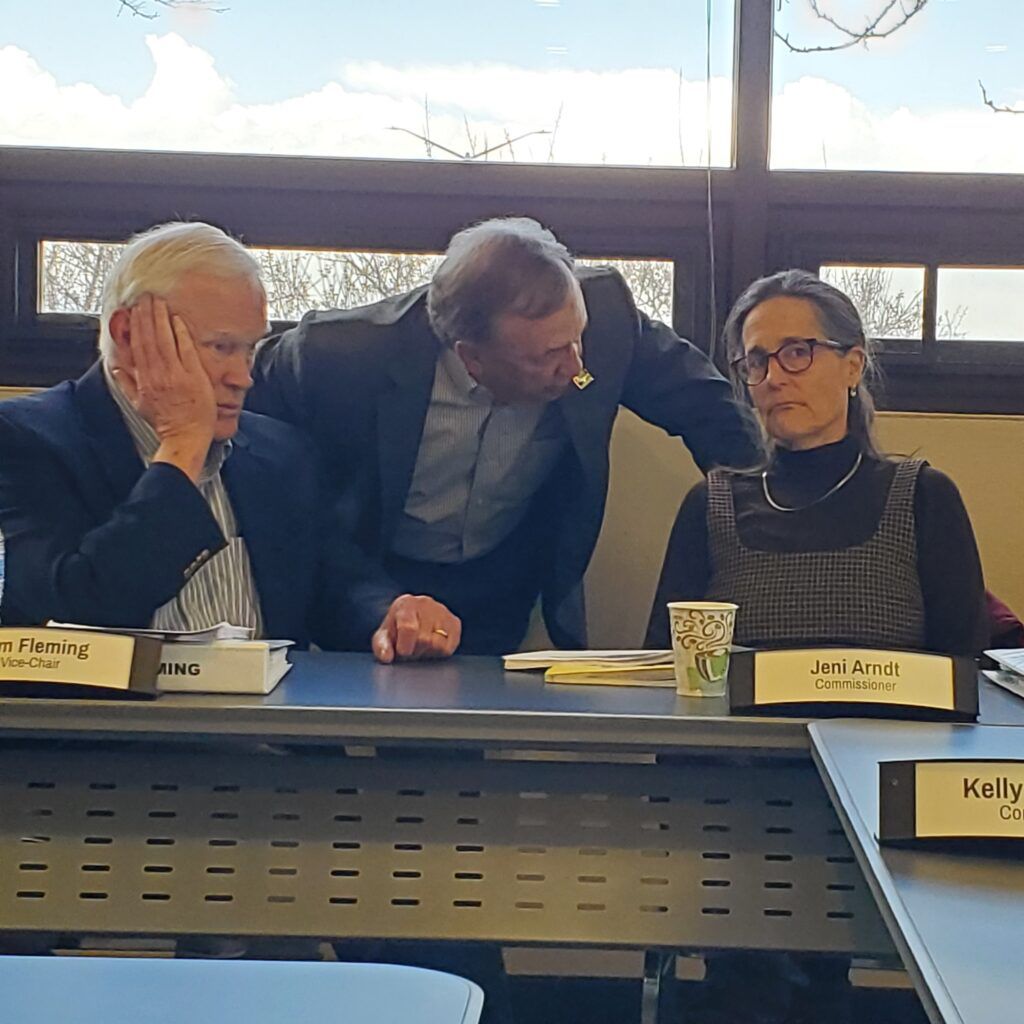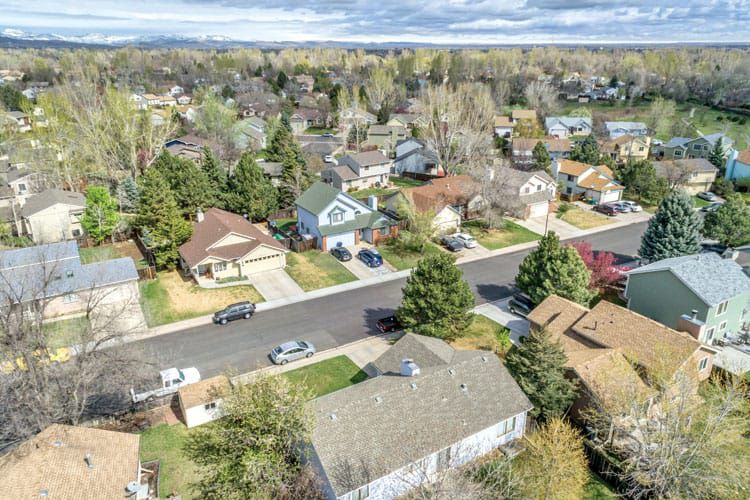Merge no more: Final segment of north I-25 slated for expansion
DENVER — The final four-lane segment of north Interstate 25, between Colorado Highway 66 at Longmont and Colorado Highway 56 at Berthoud, will be expanded to six lanes as anticipated, thanks to a Transportation Commission of Colorado decision Wednesday.
The segment, known as segment five, had been bid in 2018 to a contractor along with segment six, which runs from Highway 56 to Colorado Highway 402 at Loveland. But segment five was viewed as conditional, in that funding wasn’t available for it at the time of bidding.
Funding became available this fall using federal, state and toll sources. However, the decision landscape had changed since 2018 with the passage of Senate Bill 21-260 and with changes to the membership of the commission.
Colorado Department of Transportation staff opted to back off plans for segment 5 pending discussion by the commission, which occurred Wednesday. The new uncertainty caused concern among Northern Colorado proponents of the expanded highway, who heard Wednesday morning that if the commission derailed existing plans that completion of segment 5 could extend until 2030 instead of being completed in the first quarter of 2028.
Keith Stefanik, deputy chief engineer with CDOT, reviewed the entire North I-25 project with the commission at its meeting Wednesday afternoon.
He said a request for proposal and contract were issued in 2018 to expand the highway to six lanes in the area from Fort Collins south, ultimately connecting with the six lane segments that exist starting at Highway 66 and south to Denver.
Segments seven and eight at Loveland and Fort Collins will be done in 2024 at a cost of about $600 million, he said. Segment six from Highway 402 to Berthoud is 70% complete and will be finished in the first quarter of 2024 at a cost of $300 million.
Segment five was included in CDOT’s 10-year plan that was adopted in September. Estimated cost of that segment is $350 million. It includes six miles of pavement, eight bridges and 11 historical properties along the route, he said.
Because the contract signed in 2018 included language that permitted the state to continue to work with the same contractor for segment five, CDOT could have moved ahead. “It was CDOT’s intent to build five if money was available,” Stefanik said.
The passage of Senate Bill 21-260, however, caused the staff to seek the commission’s blessing before moving ahead.
Staff presented two options to the commission. Option A would maintain the existing contract. Option B would force re-evaluation of the delivery method for the project, which would cause the completion date to move as much as two years later.
Commissioners spoke favorably about Option A, ultimately voting unanimously to approve it.
Option A “is the most cost effective … saves time, saves money, saves lives and is in accordance with our air quality and climate goals,” said Commissioner Kathleen Bracke, who moved to approve it.
“It’s a no brainer for me. We need to get five and six finished,” said Commissioner Kathy Hall.
Source: BizWest





